Helping you build positive relationships from the Very beginning!
⭐⭐⭐⭐⭐ 100+ 5-star reviews by happy puppy parents
Contact My Complex Canine
Puppy Training Specialist
Get Expert Help for Your Puppy Today
Book your Free Discovery Call with expert trainer, Sarah Worth. Start your journey towards a well-behaved and happy puppy with our supportive training services.
Our Qualifications and Accreditations
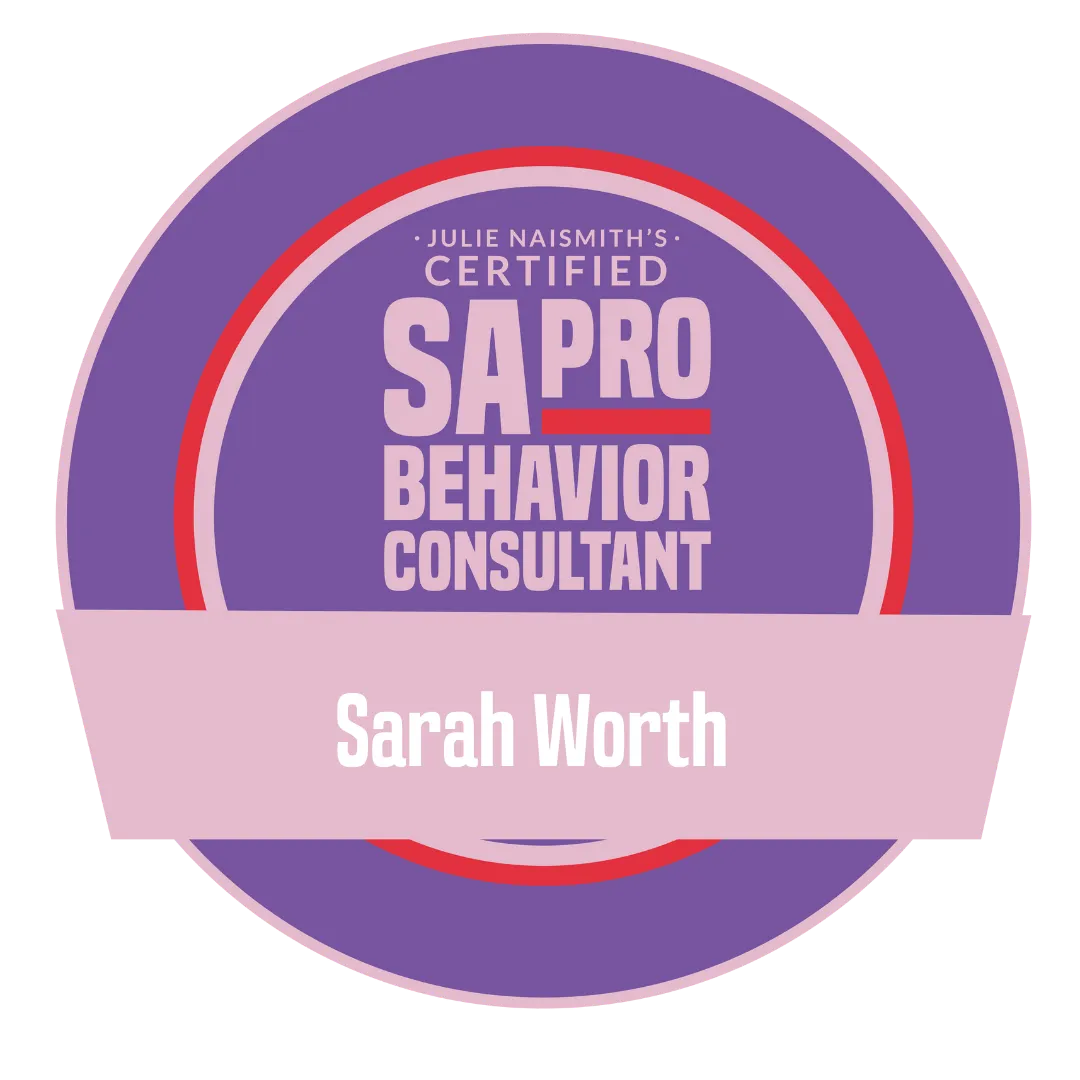

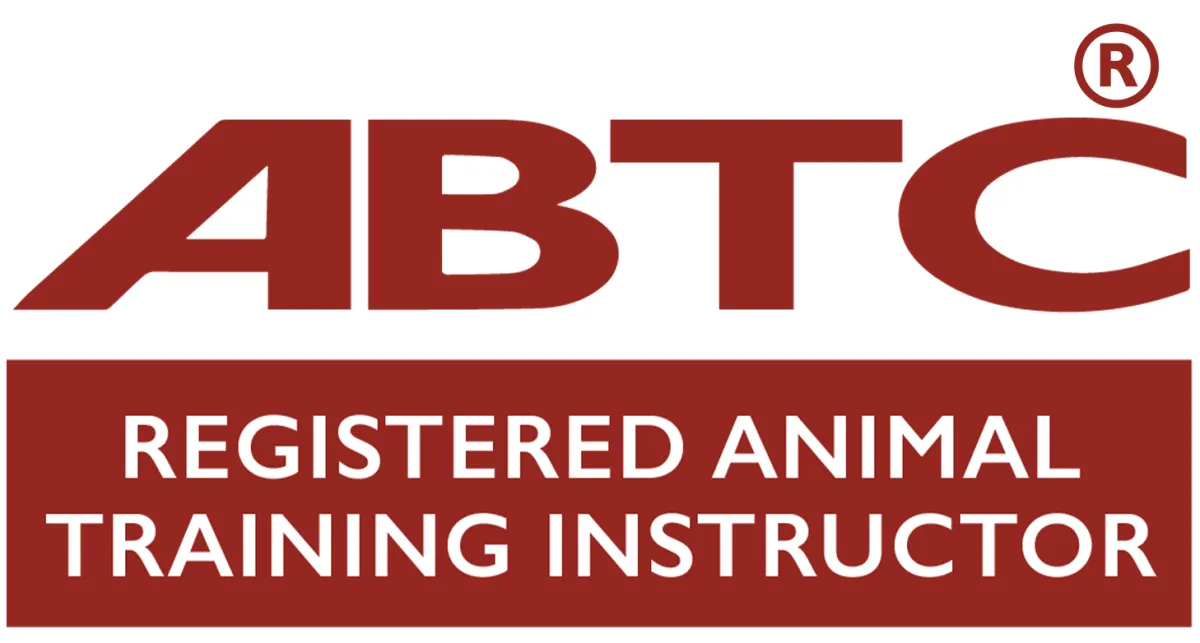
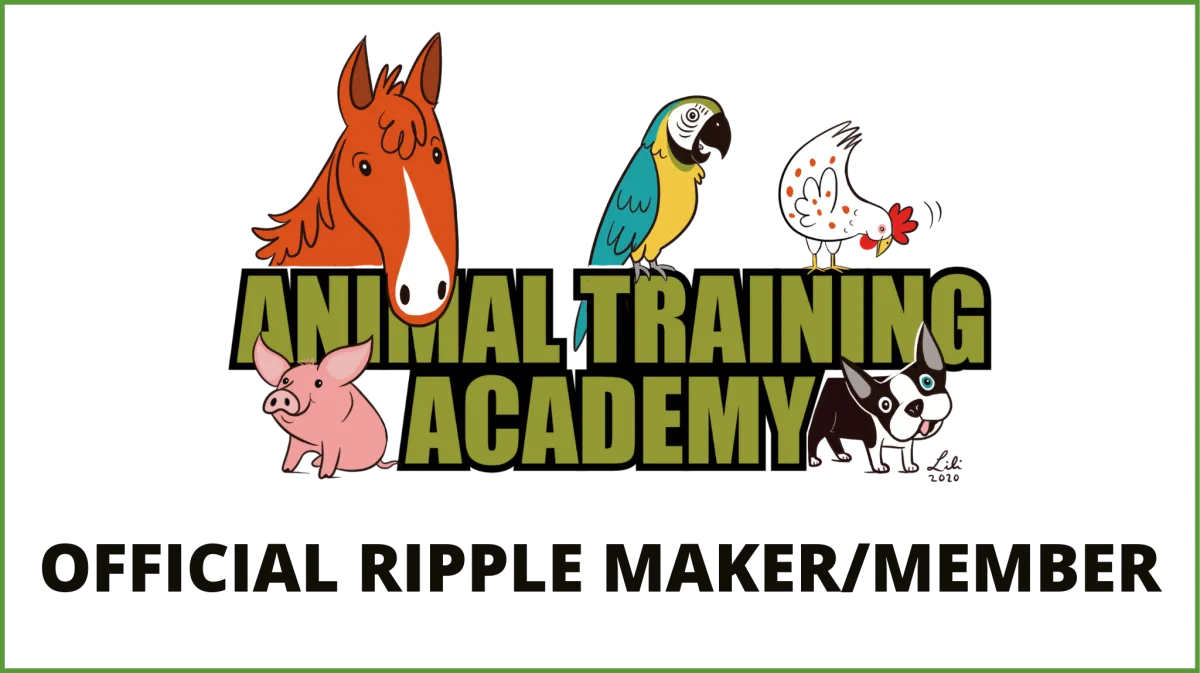

How to get in touch!
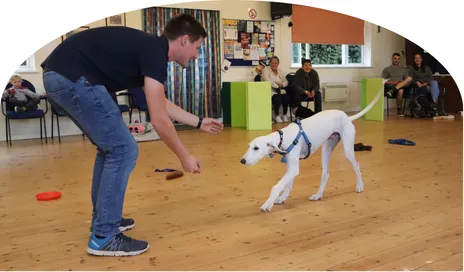
Book a FREE Discovery Call
A chance for you to find out more about my services and for me to find out a little bit about your dog and your training goals.
If Wednesday are not a good time for you, pop me an email.
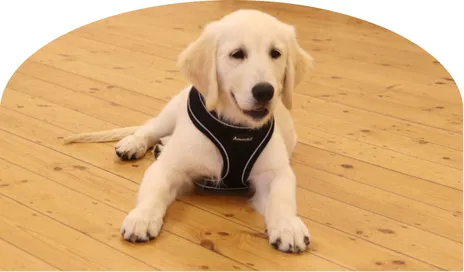
Contact Me!
Reach out with any questions or concerns via our contact form or via email [email protected]
I am happy to help you and your puppy or dog on your training journey!
Area's that My Complex Canine Cover
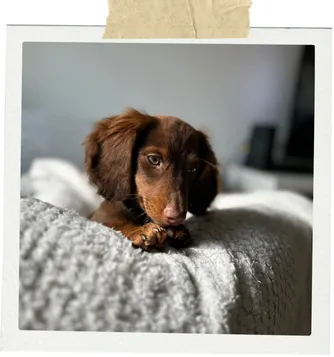
Want to Access my FREE Puppy Play Biting Challenge for Families?
You will be added to my newsletter list, but can easily unsubscribe at any time.

What Our Clients Say

Follow Us On Instagram

Our Latest Blog Posts
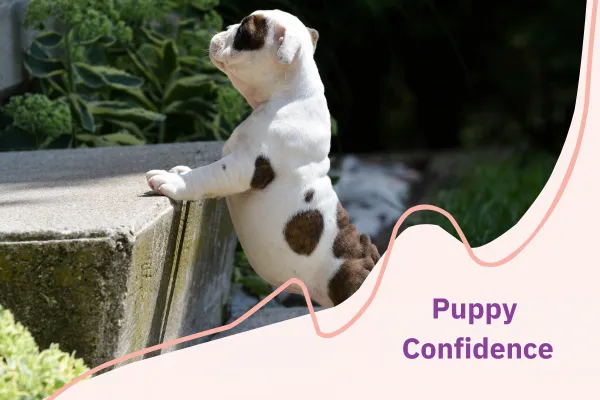
How To Help Young Puppies Build Confidence
Positive Experience
When you get a puppy you are likely to get lots of people telling you to make sure you socialise them as soon as possible and expose them to as much as possible.
However, it is so important to ensure that what they are experiencing is positive, we can do this well by watching our puppy's body language, so we can detect early signs that our puppies are uncomfortable and respond in a way to help them and avoid a situation from escalating, or becoming a negative experience.
It is a great idea to get them exposed to life even before they are able to walk outside, by carrying them (you can even get carriers to put your puppy in). However, take time to consider that if your puppy is held in place by you, or in the carrier, they have very little options to move away from something. By holding them, we are removing the choice of moving away from something worrying. So, for example, if your puppy is in your arms and three people are saying hi all at once, your puppy is unable to move away if they are feeling worried by the experience. If this is practiced often may result in a puppy that is not comfortable with strangers, as rather than serve to get them used to human affection, it has had a negative impact.

Body Language
In order to help your puppy out in this situation and other new socialisation experiences you can spend time learning about dog body language. Doggie Language by Lili Chin has great examples both written and visual and is great to share with younger members of the family too! This allows you to improve your skills of understanding your puppy. Like with humans every puppy is different, so you have the chance to become your own puppy's expert!!!
Most puppies that are worried will show some/many of the following; body lower to the ground, backend lowered, ears back, tail tucked, moving away or towards, hiding, lip licking, whites of eyes, vocalisation, shaking, freezing, tension in their face and body. If you observe any of these behaviours it is important to respond in a way to help your puppy recover, rather than overwhelm them. You need to consider the distance you are to the object that is worrying them. Move away and give your puppy time to recover and return to their normal relaxed behaviours. Once they are relaxed and at a safe distance give them a tasty treat whilst observing the thing they were worried about, this will help create a more positive feeling.
Choice
Also remember the option of choice! If you are able to give your puppy a choice of what they approach, how they approach and if they approach at all, this gives them some control over their life. Which let's face it, we as puppy parents pretty much control most of their life; when they eat, what they eat, when they walk, when they go off-lead, etc...

“The degree of control that a organism has over a stressor potently modulates the impact”.- Maier et al 2006.
So what does this look like? When they experience something new, make sure you are standing behind them, let them lead the way. Praise them when they move forward or look at you and reward with a tasty treat. If puppies are reinforced for being brave and exploring something new, this will be a positive experience that they would want to repeat and therefore will increase their confidence for future experiences.
Observation & Preparation
As well as body language of your own puppy, you need to help your puppy learn how to respond to other animals. If we set them up to practice calm greetings at a distance in safety for example another animal behind a fence, or your puppy securely on lead, and reward them with food and praise for this response then this will practiced and become their default response.
Take a look at some of out Puppy School graduates experiencing new situations in a way that builds confidence, optimism and preferred behaviours. Notice how they all have relaxed body language.

Guidelines for Socialisation with your Puppy
Give plenty of time to practice a few times throughout the week, but do not do too much all at once!
The importance of positive and pressure free experiences. Let your puppy progress at their own speed.
Good choices can be rewarded with food or toys, it will communicate that they are doing well, do not forget to do this!
Focus should be on finding out pups likes and dislikes, strengths and weaknesses.
Watch that body language! If your puppy shows signs they are worried (tucked tail, ears back, lowered body posture, trying to move away, hide, or barking, growling) do not push your puppy forward, create distance from the thing that is worrying them.
Keep encounters fun and positive and if not going well try doing it another day.
If you need some help training your puppy head over to my puppy training page to get you started on your tailored puppy pathway!
FAQ
What are your business values?
Compassion, authenticity, family, dedication, and growth.
What training methods do you use?
Science-based positive methods with no force, no pain, no fear.
Who can benefit from your services?
New puppy parents looking to start their puppy off on the right path and any dog parent looking to commit to practice and consistency in-between sessions and classes.
What areas do you cover?
Private dog trainer Crowborough (TN6), Lingfield (RH7), Hartfield (TN7), Forest Row (RH18), East Grinstead (RH19), Horley (RH6), Oxted (RH8), Uckfield (TN22).
Puppy training classes: Puppy School Hartfield and Puppy School Lingfield
When can I start training my puppy?
Your puppy can start training as soon as they are comfortable and relaxed in their new home! For group puppy training classes your puppy will need to have had their final vaccination and been cleared to attend class by your vet.
Where are your group classes held?
Comfortable indoor venues, currently in Hartfield and Lingfield.
How do I book private puppy training?
Schedule a free discovery call by clicking the banner at the top of the page, selecting a date and time and completing the form.
How to I sign up to a puppy training course?
Click on the link to view class dates and times, and follow the instructions to sign up.
Follow us

My Complex Canine offers professional puppy training classes (Puppy School Hartfield and Puppy School Lingfield) and supportive private dog training programs. Owner Sarah Worth is a registered ABTC training instructor and practices science-led ethical training methods.
(c) My Complex Canine 2026. Privacy Policy | Terms and Conditions | Terms and Conditions of Service | Sitemap